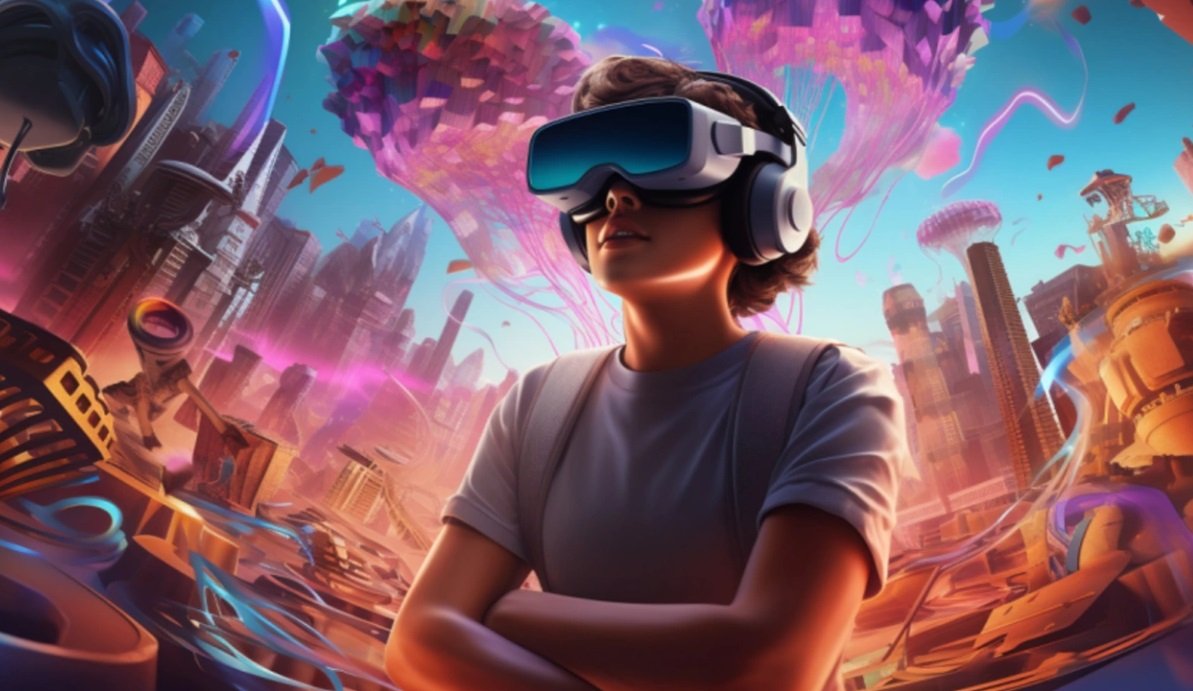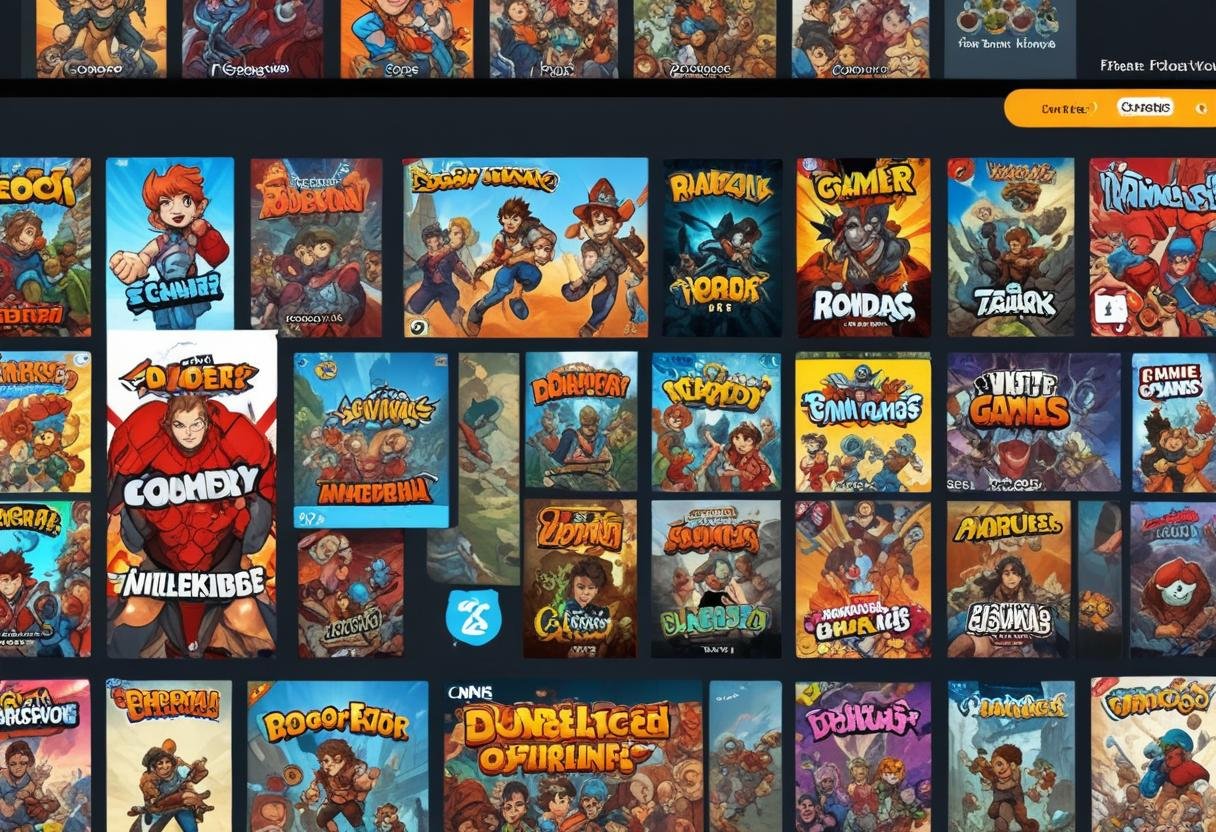The End of an Era: A Transformation in the Gaming Industry
The gaming industry, a powerhouse of entertainment that has enthralled billions worldwide, is undergoing a massive transformation. With new technological innovations, changing player demands, and evolving platforms, we are witnessing the close of one era and the dawn of another. This transformation is reshaping how games are created, distributed, and played, marking the end of many long-standing traditions and the rise of new paradigms.
1. The Diminishing Role of Traditional Console Gaming
For decades, console gaming dominated the industry with major brands like PlayStation, Xbox, and Nintendo leading the charge. However, this long-reigning model is facing growing challenges.
- Digital Over Physical: Physical game discs are rapidly being replaced by digital downloads, subscription services, and cloud-based gaming. Platforms like Xbox Game Pass and PlayStation Plus provide players with vast libraries of games for a subscription fee, bypassing the need for physical copies.
- Cloud-Based Gaming: Services such as Google Stadia and NVIDIA GeForce Now allow gamers to stream titles without needing expensive hardware, making traditional consoles less essential.
- Shorter Console Lifecycles: While new systems like the PlayStation 5 and Xbox Series X are still popular, their market dominance is diminishing as cloud and mobile gaming continue to rise. Hardware upgrades may become less crucial as streaming technology advances.
2. Free-to-Play Models Overtaking Pay-to-Play
In recent years, the free-to-play model has surged in popularity, gradually replacing traditional pay-to-play systems where players purchased a full game upfront.
- Popular free-to-play games such as Fortnite, Apex Legends, and League of Legends generate billions through in-game purchases, including skins, upgrades, and battle passes.
- This business model has led to the rise of live-service games, constantly updated with new content, in contrast to standalone titles with a one-time purchase.
- The success of this model signals the decline of classic pay-to-play titles, which were once the mainstay of the gaming industry.
3. Mobile Gaming’s Rapid Takeover
Mobile gaming has overtaken both console and PC gaming, emerging as the largest segment in the global gaming market. With mobile games available to anyone with a smartphone, gaming has reached a massive audience across regions like Asia and Africa.
- Hits like PUBG Mobile, Candy Crush, and Genshin Impact attract millions of daily players, generating massive revenue through microtransactions.
- The rise of mobile gaming has shifted the focus away from complex AAA titles toward simpler, more accessible games that appeal to broader audiences.
- Cross-platform play, where mobile, console, and PC gamers play together, is further blurring the lines between traditional gaming sectors.
4. The Promise of Virtual and Augmented Reality
Virtual reality (VR) and augmented reality (AR) technologies are entering a new phase of maturity, with major companies investing heavily in these immersive platforms.
- Companies like Meta, Sony, and HTC are releasing VR headsets with advanced capabilities, offering players more realistic and engaging experiences.
- AR games like Pokémon GO and Minecraft Earth combine virtual elements with real-world environments, creating hybrid experiences that engage users on new levels.
- As VR and AR continue to evolve, traditional screen-based gaming may give way to more immersive, interactive worlds.
5. AI’s Growing Role in Game Development
Artificial intelligence (AI) is playing a pivotal role in game development, enabling more dynamic, responsive, and personalized gaming experiences.
- AI-driven NPCs (non-playable characters) are becoming more intelligent and adaptable, responding to players’ actions in real time to create richer gameplay.
- AI is also enhancing procedural generation, where game environments are dynamically created based on player behavior, offering unique experiences for every player.
- AI-powered technologies are ushering in an era of adaptive gaming, where experiences evolve according to player preferences and actions.
6. Esports and Game Streaming as Major Players
Esports and game streaming have emerged as significant drivers of the gaming industry, creating new opportunities for both developers and players.
- Esports tournaments for games like League of Legends, Dota 2, and Fortnite now attract millions of viewers and offer large cash prizes, turning competitive gaming into a lucrative profession.
- Streaming platforms like Twitch, YouTube Gaming, and Facebook Gaming have elevated casual gamers to celebrity status, with top streamers earning significant revenue through sponsorships and donations.
- The focus is shifting away from single-player experiences toward multiplayer and live-service games, as the demand for esports and streaming grows.
7. The Gaming Industry’s Environmental Impact
As the industry expands, its environmental impact has come into sharper focus. High-performance gaming hardware, cloud gaming servers, and increasing electricity consumption are raising concerns about sustainability.
- Energy consumption from cloud gaming services and the high demand for cutting-edge GPUs contribute to the industry’s growing carbon footprint.
- As the world becomes more environmentally conscious, the gaming industry may need to adopt greener practices, such as energy-efficient servers and devices to reduce its impact on the planet.
Conclusion: The Changing Face of Gaming
The gaming industry is entering a new phase of rapid transformation, signaling the end of many traditions that once defined it. The decline of traditional consoles, the rise of mobile and free-to-play games, AI-driven developments, and the popularity of esports mark a significant shift in how games are played and experienced.
Though some may view these changes as the “end of an era,” they also signal the start of something new—a bold and innovative future for gaming. As technology advances, the next chapter promises even more immersive, accessible, and diverse experiences for players around the globe. The future of gaming is not just evolving; it is revolutionizing, ushering in an era where the possibilities are endless.










